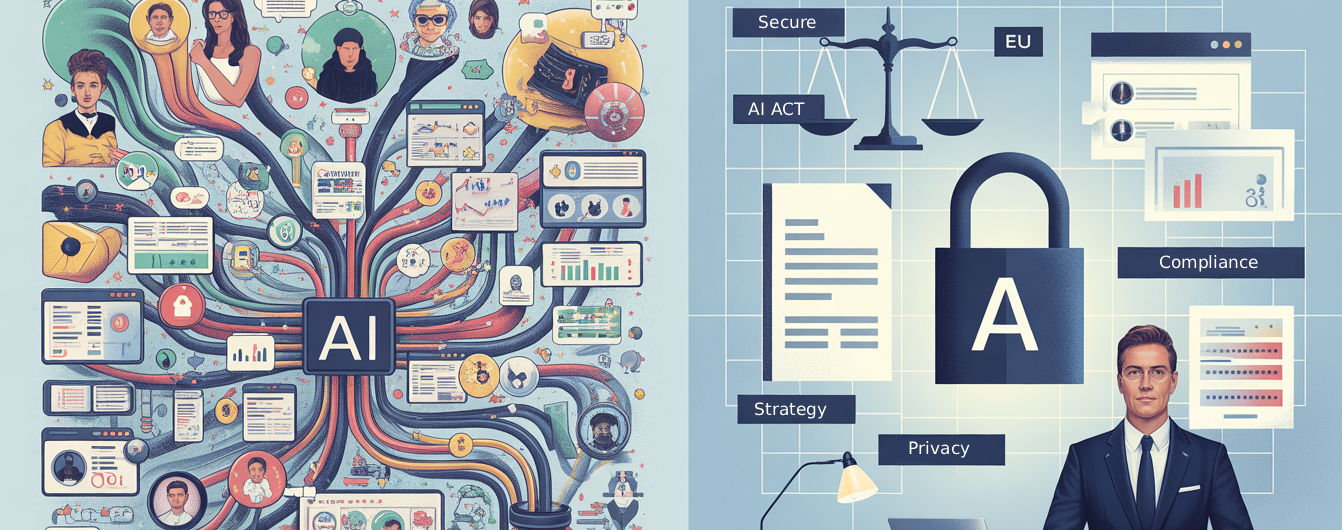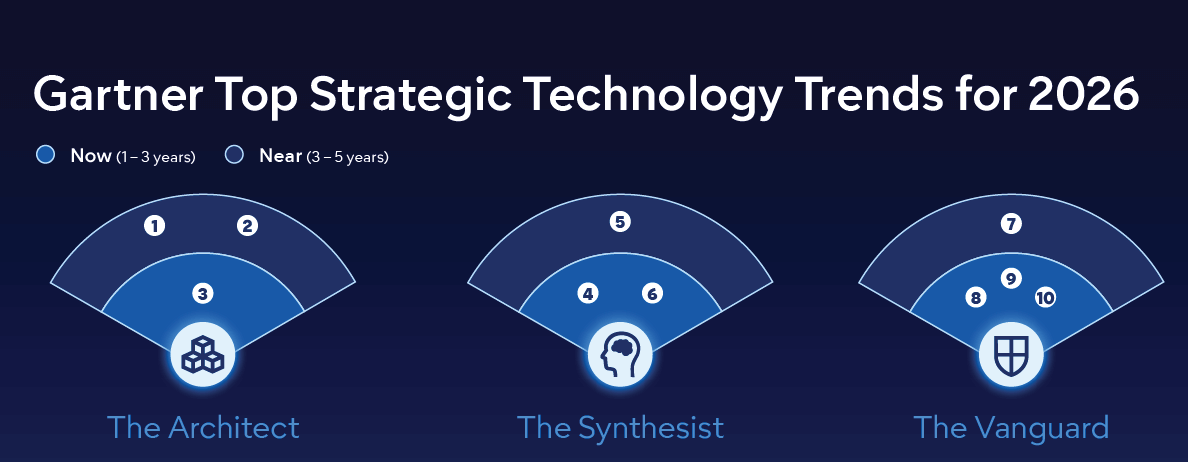
Introduction: Why classic credit scoring is no longer enough Credit scoring has been a central steering instrument in banks and financial services for decades. It determines credit approvals, pricing, and risk classes—efficient, standardized, and embedded in regulatory frameworks. But the market environment has changed. Digital touchpoints, increasing willingness to switch, and new competitors are shifting

Why Banks Lose Relevance Despite Abundant Data Banks have access to more customer data than ever before. Transaction histories, channel interactions, product usage, behavioral signals, life events – everything is available. Yet many institutions struggle with declining effectiveness in customer engagement. Offers arrive too late, through the wrong channel, or without meaningful context. The root

The insurance industry has discovered hyper-personalization. Data, triggers, contextual targeting – much of this works better today than ever before. Insurers use life events like getting a driver's license, buying a house, or starting a family to offer the right policy at the right moment. Yet in practice, personalization is often limited to a single

The industry talks about personalization – but usually means segmentation For years, personalization has been one of the most frequently used terms in insurance marketing. In practice, it often translates into finer target groups, more segments, and better clusters. What the market expects today is something fundamentally different. Not better-defined audiences, but relevance at the

In many markets, the credit card business has reached a point of saturation. The number of issued cards continues to grow, but the real growth potential no longer lies in issuing more cards. It lies in how actively those cards are used. For credit card issuers, competitive advantage today is no longer defined by reach,

Banks have invested heavily in digital transformation. Yet one of the most powerful personalization assets is often underutilized: transaction data. Every bank account transaction, every credit card payment and every merchant category provides direct insight into customer behavior, needs and life situations. From Raw Transactions to Transaction Intelligence Transaction data is not just accounting information.

Artificial Intelligence is no longer a future promise in banking — it is ready for production. Yet many institutions remain stuck between pilot projects and real-world deployment. The reason is rarely technology. It is security, compliance, and governance. While GenAI and Agentic AI offer massive efficiency gains, banks hesitate because the regulatory framework feels unclear

Hardly any boardroom discussion in banking today takes place without mentioning artificial intelligence. Expectations are high: more efficient processes, better customer experiences, smarter decisions. But how far along are banks really? And where does the gap between ambition and execution lie? A look at the recent Cofinpro study “AI in Banking” reveals: the potential is

By Michael Altendorf, CEO of Acceleraid. Gartner has released its list of the top 10 technology trends for 2026. For many organizations, terms such as Multi-agent Systems or Confidential Computing still sound like a distant future. At Acceleraid, they are already part of our daily operations. Gartner’s predictions can be structured into three strategic pillars:

The Core Problem: Good Ideas Fail Due to Integration Challenges Banks and insurers have long recognized where AI can add value: relieving customer service, enhancing digital channels, increasing conversion rates, and streamlining internal processes. What often holds back these initiatives isn't the will to act – it's the assumption that every AI solution requires a









